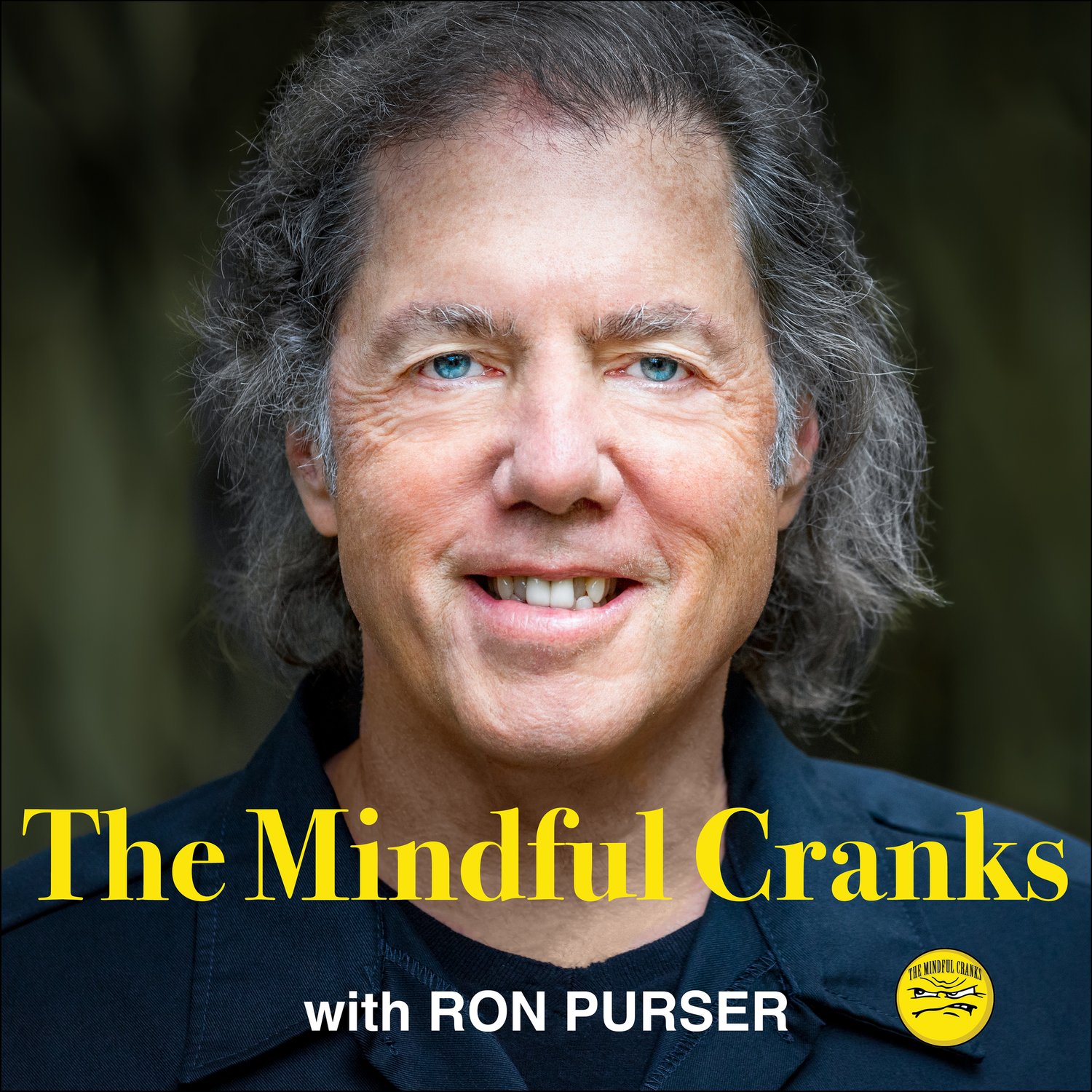Episode 15: Wakoh Shannon Hickey-Mind Cure: How Meditation Became Medicine
Wakoh Shannon Hickey has been an Associate Professor of Religious Studies at Notre Dame of Maryland University in Baltimore. Her research interests include American religious history, particularly minority traditions and women leaders; Buddhism in East Asia and the West; religion and medicine; and inter-religious dialogue, with particular interests in Buddhist-Christian dialogue and issues of race and gender. Wakoh currently is a Spiritual Support Counselor (chaplain) in Sonoma/Napa, California, for Hospice by the Bay, one of the oldest and largest non-profit hospice agencies in the United States. Wakoh was ordained in 2003 as a priest of Sōtō Zen Buddhism, which she has practiced since 1983.
In this Episode, we interview Wakoh Shannon Hickey, author of Mind Cure: How Meditation Became Medicine (Oxford University Press, 2019), as she traces the 18th and 19th century Mind Cure and New Thought movements, and how this early history shaped and paved the ground for the modern self-help and mindfulness movements. Many of the first Americans to advocate meditation for healing were women leaders of the Mind Cure movement, which emerged in the late nineteenth century. They believed that by transforming their consciousness, they could also transform oppressive circumstances in which they lived, and some were activists for social reform. Trained by Buddhist and Hindu missionaries, these women promoted meditation through personal networks, religious communities, and publications. Some influenced important African American religious movements, as well. For women and black men, Mind Cure meant not just happiness but liberation in concrete political, economic, and legal terms. The Mind Cure movement exerted enormous pressure on mainstream American religion and medicine, and in response, white, male doctors and clergy with elite academic credentials appropriated some of its methods and channeled them into scientific psychology and medicine. As mental therapeutics became medicalized, individualized, and then commodified, the religious roots of meditation, like the social justice agendas of early Mind Curers, fell away. After tracing how we got from Mind Cure to Mindfulness, Wakoh tells us what got lost in the process.

